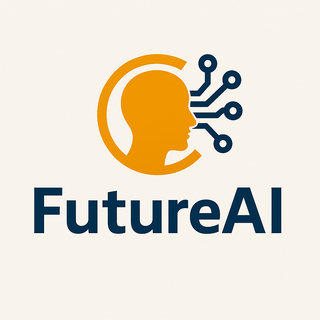The Impact of AI and Automation on Human Work: A Declining Trend?
In recent years, artificial intelligence (AI) and automation have revolutionized industries worldwide. As machines take over more tasks, concerns are growing about the decrease in human work and its long-term consequences. While technology has historically created new job opportunities, AI and automation are changing the workforce in unprecedented ways.
1. Automation Replacing Repetitive Jobs
One of the primary reasons for the decline in human work is automation in repetitive and manual labor. AI-powered robots and software systems are increasingly performing tasks that once required human effort.
-
Manufacturing: Automated assembly lines and robotic arms have reduced the need for human labor in factories.
-
Retail and Customer Service: AI chatbots and self-checkout systems minimize human involvement in sales and support.
-
Data Entry and Administration: Software programs now handle tasks like document processing, payroll, and accounting with minimal human input.
2. AI Enhancing Efficiency and Productivity
AI-driven systems can process and analyze data at speeds far beyond human capability. This has led to a shift where companies prefer AI-powered decision-making over manual processes.
-
Healthcare: AI diagnoses diseases faster and more accurately, reducing the need for human medical professionals in certain areas.
-
Finance: AI algorithms manage investments, detect fraud, and automate banking services.
-
Transportation: Self-driving cars and drones are eliminating the need for human drivers and delivery personnel.
3. The Shift Towards a Knowledge-Based Economy
As AI takes over repetitive jobs, the demand for human work is shifting toward specialized and creative roles. However, this transition is slow, and many workers struggle to adapt.
-
Skilled jobs in AI and Robotics are on the rise, requiring extensive education and training.
-
Creative fields like content creation, marketing, and design still demand human creativity and emotional intelligence.
-
Soft skills like problem-solving, leadership, and adaptability are becoming more valuable in workplaces.
4. The Risks of Widespread Job Loss
Despite AI's benefits, its impact on human employment cannot be ignored:
-
Unemployment: Low-skilled workers are most at risk of job displacement.
-
Wage Reductions: Automation reduces the demand for labor, potentially lowering wages.
-
Economic Inequality: Those who cannot adapt to the AI-driven job market may struggle financially.
5. Preparing for the Future of Work
To prevent mass unemployment, governments, businesses, and individuals must take proactive steps:
-
Education and Reskilling Programs: Workers should learn AI-related skills to stay relevant.
-
Universal Basic Income (UBI): Some experts propose UBI to support those displaced by automation.
-
Human-AI Collaboration: Rather than replacing humans, AI should be designed to work alongside them.
Conclusion
The decrease in human work is an inevitable outcome of AI and automation. While this shift presents challenges, it also creates opportunities for new kinds of jobs and industries. By adapting to technological changes, individuals and societies can ensure a future where humans and AI coexist harmoniously.



Post a Comment
0Comments